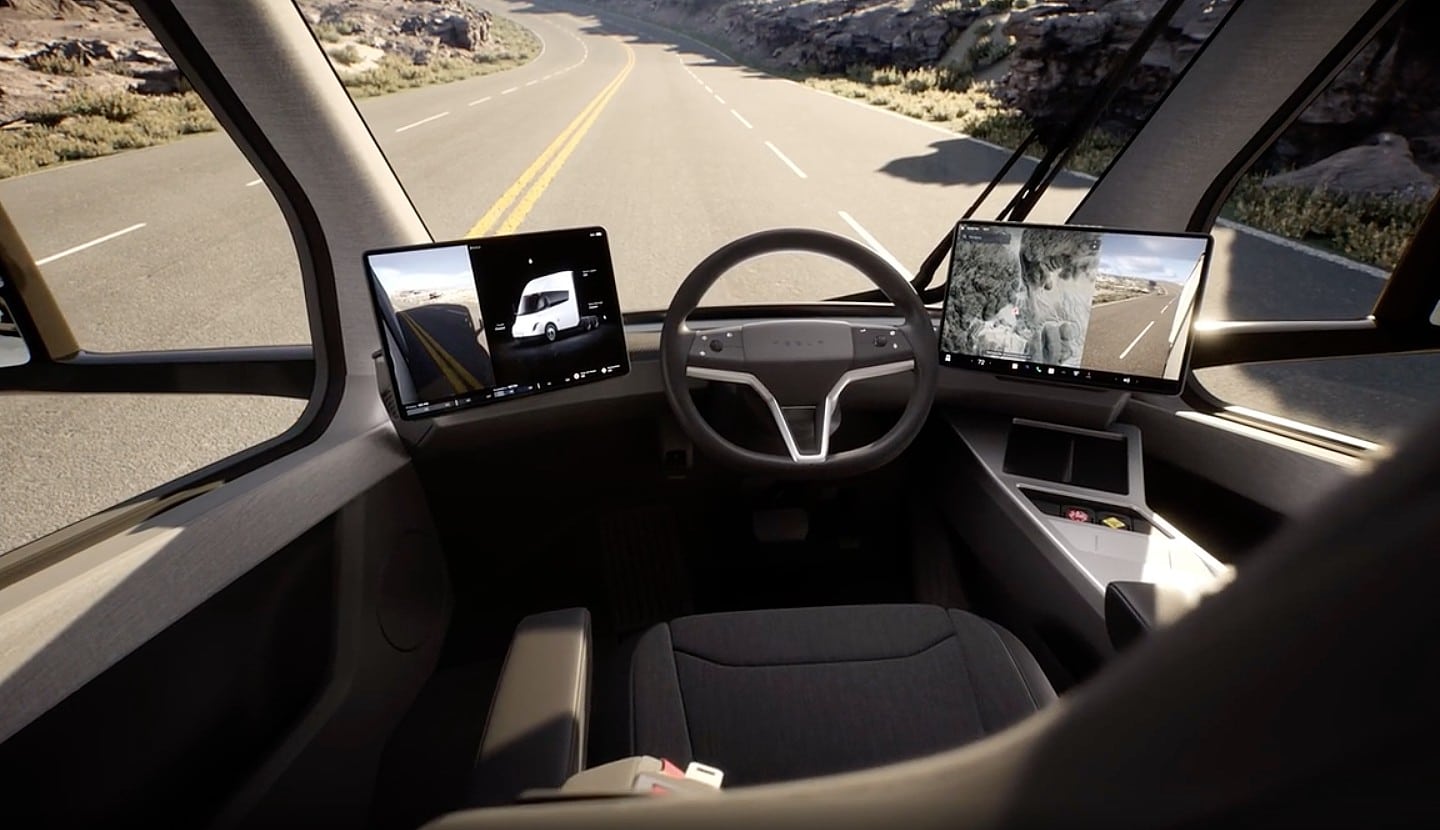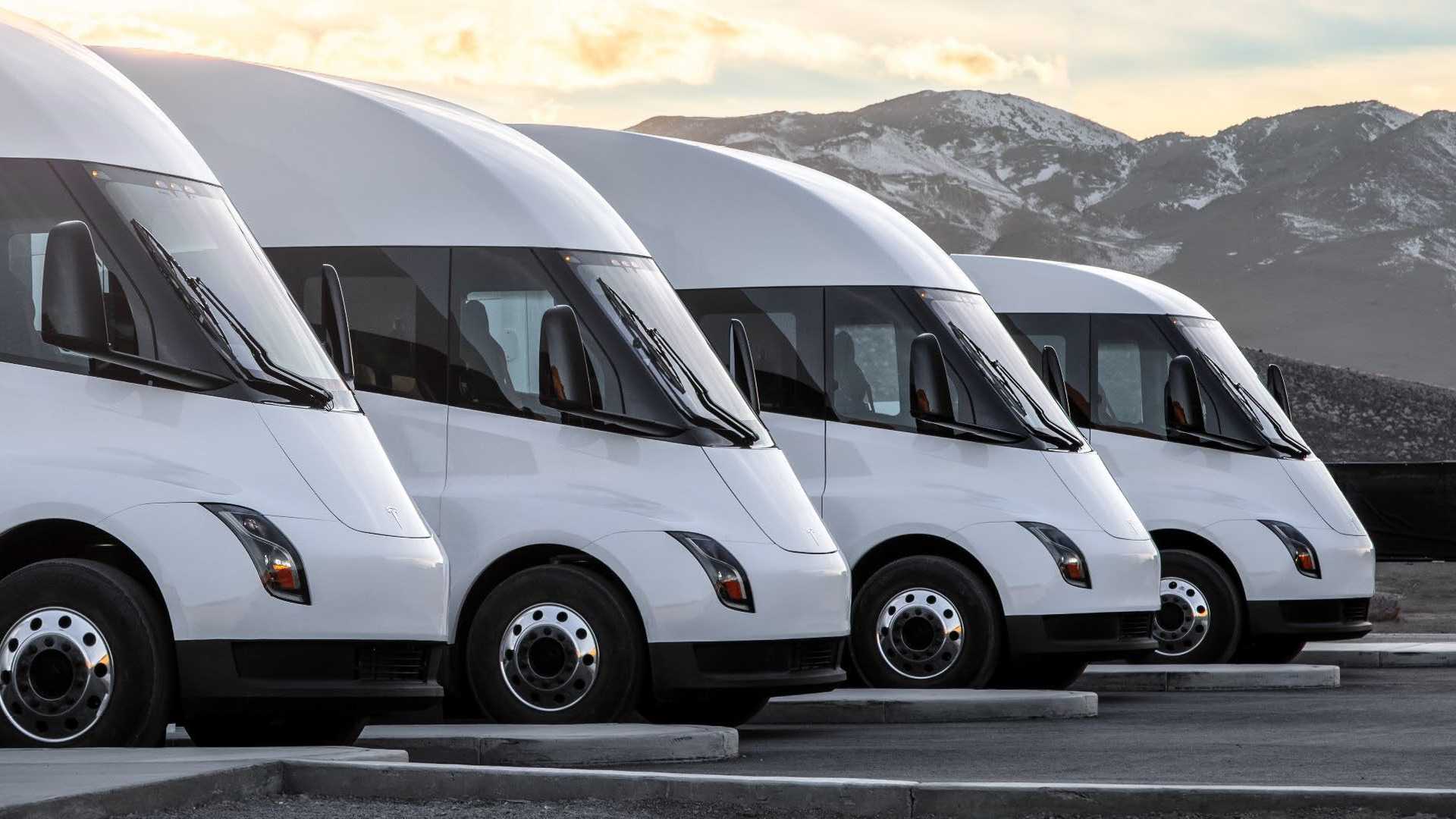The Rising Demand for Electric Trucks
Tesla recently delivered its first electric truck five years after it was first announced by the infamous manufacturer. Pricing starts at $150,000 and many top brands including Pepsi, Walmart and Fed-Ex have already placed orders for a truck which Elon Musk frequently likes to refer to as ”a Beast”.
However, Tesla is by no means the future of electric trucking. Volvo, Ford, Daimler and GMC are among some of the major automotive manufacturers currently building their own electric trucks. In fact, Walmart is also trialing the “Tre Bev” from Nikola and the “eCascadia” from Freightliner along with the Tesla.
But what makes electric trucks so enticing for businesses?
Let’s keep with the Tesla example for a moment.
The Tesla Semi has a 1,000 volt power train architecture and no less than four motors on the rear axle. It features regenerative braking, traction control and an automatic clutch for a seamless driving experience on highways. The electric battery is designed for long distances and a fully-loaded Tesla Semi recently completed a 500 mile trip in California without needing a re-charge. Tesla, and other electric truck manufacturers, are also committed to reducing carbon emissions as part of their over-arching mission to fight climate change and all of the above offer significant improvements upon a traditional truck.
At the same time, there are many challenges ahead for electric trucking.

The Future Challenges for Electric Trucking
Electric truck manufactures are having to think up solutions to address many obstacles which negatively affect the fundamentals of long-haul trucking. Let’s take a look a few examples of challenges that lie ahead for electric trucks:
Limited Range Can Affect Delivery Times
Electric trucks are limited when it comes to range as evidenced by the Tesla example above and the 300 kilometer max-range of the new FH Electric by Volvo. These are impressive distances but nothing close to the 1,000 kilometers that a typical Volvo FH can cover between stops without needing to refuel. This is an obvious and important gap which needs to be closed quickly.
Electric Recharging Issues En-Route
Fleet electrification relies on charging stations for route planning. This is because electric trucks need to stop often and electric charging points are simply nowhere near as common as diesel pump stations. However, there are now more than 40,000 charging stations across the US and this number is sure to rise over time which further strengthens the case for electric trucking.
Cooling Requirements for Long Haul Deliveries
Electric trucks convert approximately 60% of the energy in a battery in order to power the wheels. The nature of this high-powered system means an electric truck demands a high level of cooling on a long-haul delivery to combat the immense heat which is generated by an electrical machine of this size.
The Benefits of Electric Trucking in the Future
We can think of reasons a business might hesitate to invest but the benefits of electric trucking speak for themselves. Let’s now consider some of the primary benefits which suggest an especially bright future for electric trucking.
Electric Trucks are More Economical than Diesel Trucks
Studies show that electric trucks are 50% more efficient than diesel trucks and electricity is cheaper than gas which makes electric vehicles more economical to run. Unlike a diesel truck, they don’t require oil and there are less parts which means there is less repairs and maintenance with electric trucks.
State Agencies Give a Higher Safety Rating to EV Trucks
Electric trucks have a higher safety rating according to state agencies which points to the reduced likelihood of damage or injuries on the road. We know this because electric vehicles receive less claims for personal injury and research shows there is less risk in terms of a fire or rollover during accidents.
Electric Trucking Can Help Streamline Fleet Management
Fleet management is a primary concern for trucking businesses and electric trucks really stand out in this particular area. For example, AutoPi can provide custom solutions to improve operations and automate (or at least streamline) many aspects of fleet management that can typically cause problems.
Electric Vehicles Can Operate at Any Time
Electric trucks are obviously quieter than diesel trucks. This means electric trucks can operate at any time and are not restricted in the same way as a diesel truck. Long-haul trucking is all about efficiency and timing and this simple differentiation can transform any business into a 24-hour operation.
Carbon Emissions and Government Support
Electric trucks reduce carbon emissions which is a unique selling-point and a positive move for the mission and reputation of any company. Government support is also provided by way of reduced taxes and registration fees for businesses which invest in an electric trucking fleet in the United States.
Final Thoughts
The electric trucking industry is under more and more pressure to clean up its carbon footprint. Major companies have already begun placing their orders and innovations have significantly improved the outlook for electric trucking in the short-term. In fact, the recent test run by Tesla has already defied famous critics who suggested electric power was not enough for long-haul distances and the benefits speak for themselves. When exactly will the majority move over to electric? Only time will tell but the future of electric trucking is looking brighter than ever and that future could be much sooner than we first imagined.















